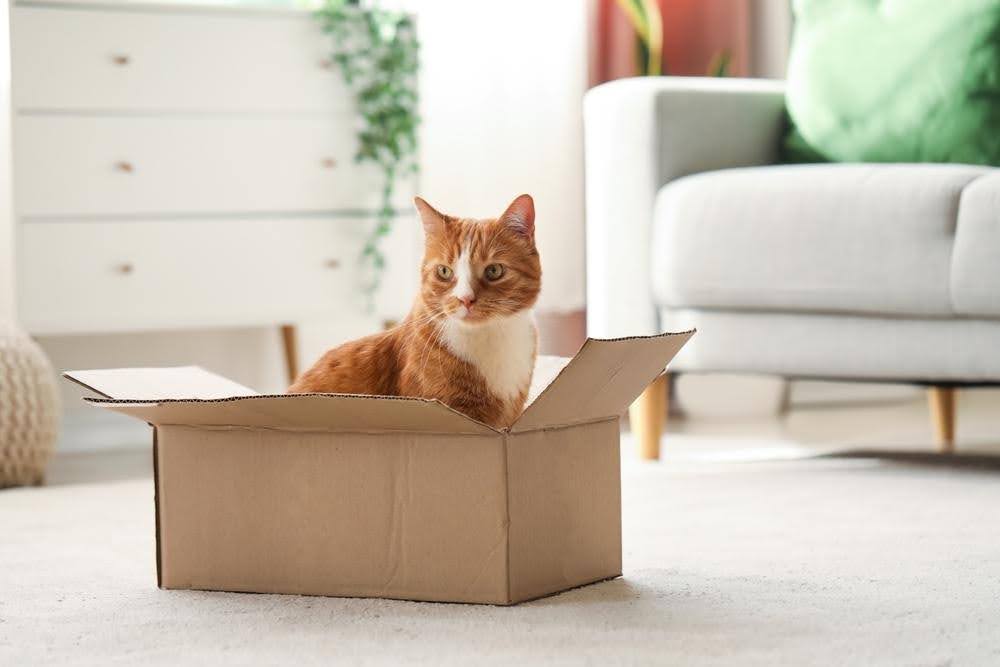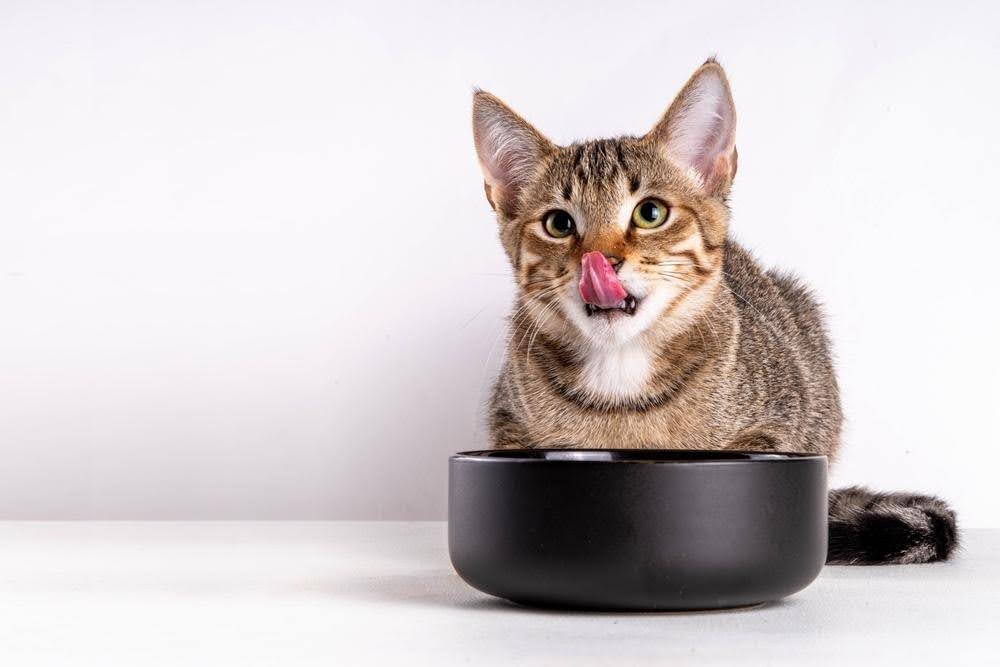
-
Find the right food for your petTake this quiz to see which food may be the best for your furry friend.Find the right food for your petTake this quiz to see which food may be the best for your furry friend.Featured products
 Adult Chicken & Barley Recipe Dog Food
Adult Chicken & Barley Recipe Dog FoodSupports lean muscle and beautiful coat for adult dogs
Shop Now Hill's Science Diet Adult Chicken & Beef Entrée Dog Food
Hill's Science Diet Adult Chicken & Beef Entrée Dog FoodChicken & Beef Entrée in a delicious loaf with complete & balanced nutrition to help keep adult dogs active and healthy
Shop Now Adult Large Breed Chicken & Barley Recipe Dog Food
Adult Large Breed Chicken & Barley Recipe Dog FoodSupports healthy joints, lean muscle, and beautiful coat for large breed dogs
Shop NowFeatured products Adult Turkey & Liver Entrée Cat Food
Adult Turkey & Liver Entrée Cat FoodPrecisely balanced nutrition with the delicious taste of minced turkey & liver to help fuel the energy needs of cats during the prime of their life
Shop Now Adult 7+ Indoor Chicken Recipe Cat Food
Adult 7+ Indoor Chicken Recipe Cat FoodSupports energy level and beautiful fur in mature indoor cats
Shop Now Senior Vitality Adult 7+ Tuna & Vegetables Stew
Senior Vitality Adult 7+ Tuna & Vegetables StewImproves Everyday Ability to Get Up & Go
Shop Now -
Dog
- Dog Tips & Articles
-
Health Category
- Weight
- Food & Environmental Sensitivities
- Urinary
- Digestive
- Joint
- Kidney
-
Life Stage
- Puppy Nutrition
- Adult Nutrition
- Senior Nutrition
Cat- Cat Tips & Articles
-
Health Category
- Weight
- Skin & Food Sensitivities
- Urinary
- Digestive
- Kidney
-
Life Stage
- Kitten Nutrition
- Adult Nutrition
Featured articles How to Properly Mix Wet & Dry Pet Foods
How to Properly Mix Wet & Dry Pet FoodsAn Orange cat eating from a bowl filled with mixed food
Read More What Is Littermate Syndrome? Pet Adoption Guide
What Is Littermate Syndrome? Pet Adoption GuideLearn more about littermate syndrome in dogs and cats and how to successfully navigate adoption and early socialization processes.
Read More The Science Behind Our Love for Pets
The Science Behind Our Love for PetsLearn the scientific reasons why we have such strong connections with our pets, and what science says about the love between humans and our furry friends.
Read More -


Your cat's immune system is a silent superhero that helps protect them from harm. Constantly on the lookout for invaders, anything their body registers as a foreign substance can trigger an immune response. When your kitty eats, inhales or absorbs something the body considers a threat, it triggers a series of processes to alert the appropriate part of the immune system to the potential source of harm.
What Does The Immune System Do?
Without an immune system, your cat would be defenseless against dangers from the outside world and inside their own body. The immune system's main functions include:
Detecting and destroying harmful germs, such as parasites, bacteria, fungi and viruses.
Recognizing and neutralizing harmful environmental substances, such as toxins and chemicals.
Fighting internal changes that can lead to disease, such as cancer cell development.



Tasty Tips
The Building Blocks of Immunity
But what is the immune system, exactly? From a big-picture organizational standpoint, the immune system is made up of organs, cells and proteins.
Organs
Skin
The skin is your cat's largest organ and one of the first lines of defense, acting as a barrier to keep foreign substances from entering the body.
Gastrointestinal System
From germ-neutralizing enzymes in saliva and stomach acid to antibody-generating cells in the intestinal walls, your cat's gastrointestinal (GI) system is a key player in healthy immune function.
Respiratory System
Mucous and enzymes in the respiratory tract help trap and neutralize germs and other harmful substances.
Lymphatic System
Your cat's lymph nodes, thymus gland, spleen, gut-associated lymphoid tissue (a protective lining found in the GI tract) and bone marrow are responsible for many functions that help the body fight infection and disease. This includes producing immune cells, filtering germs and triggering antibodies.
Cells
Immune system cells create antibodies, detect and destroy abnormal cells, support cellular repair and more. Some of these hardworking immune cells include:
Lymphocytes
Neutrophils
Macrophages
Eosinophils
Proteins
Cytokines
Think of cytokines as immune system messengers that deliver signals between cells.
Antibodies
Antibodies work hard to form immune complexes, label substances for removal and block viruses from entering your cat's body.
The Weak Link: Factors Compromising Immune Function
When your cat's immune system is functioning optimally, you likely don't give it much thought. But when this unsung champion is taken down a notch, your cat is more vulnerable to illness, infection and disease.
Some factors that can compromise feline immune function include:
Poor nutrition
Viral infections
Chronic stress
Chronic disease
Immune-suppressing medications
Genetics
Cancer
Congenital (present at birth) disorders
Your veterinarian can help you manage underlying health conditions and recommend strategies to reduce feline stress.


Your cat's microbiome is key to healthy immune function, energy, digestion and overall organ function.

The Role of Nutrition in Immune System Support for Cats
Offering your cat a complete and balanced cat food is the foundation of overall health and well-being, including the immune system. Here are some key players in immune system support.
Antioxidants for Cats
Antioxidants help neutralize free radicals, unstable molecules that damage cells and even DNA. Some important antioxidants for cats include:
Vitamins, such as vitamins A, C, E and K
Amino acids, such as arginine, cysteine, lysine and taurine
Carotenoids, such as beta-carotene, lutein and lycopene
Minerals, such as copper, selenium and zinc
Research shows that certain nutritional components may help boost cats' ability to fight infection and disease. For example, one study showed that supplementing cats with ingredients such as salmon oil, nucleotides and arginine — an essential amino acid and antioxidant for cats — resulted in increased immune activity.
Prebiotics
Your cat's microbiome is key to healthy immune function, energy, digestion and overall organ function. Prebiotics, or prebiotic fiber, nourish your cat's microbiome by supporting the unique balance of beneficial bacteria in their gut. Your veterinarian can point you toward a food formulated with prebiotic fiber to support microbiome health.
Supporting Your Cat's Natural Defender
Your cat's immune system is a complex network of organs, tissues and cells that helps protect them from internal and external threats. While there's no single best cat food to boost immune system function, choosing complete and balanced nutrition tailored to your kitty's needs will provide them with the best vitamins for cats' immune systems. When in doubt, ask your vet for their recommendation to promote your cat's wellness from the inside out.


Dr. Laci Schaible is a small animal veterinarian, veterinary journalist, and a thought leader in the industry. She received her Doctor of Veterinary Medicine from Texas A&M University and her Masters in Legal Studies from Wake Forest University.
Related products

Precisely balanced nutrition with the delicious taste of minced turkey & liver to help fuel the energy needs of cats during the prime of their life

Improves Everyday Ability to Get Up & Go

Supports energy level and beautiful fur in mature indoor cats

Delectable chunks with tender chicken smothered in a rich gravy
Related articles

When you adopt a cat, you don't just gain a best friend; you also save her life. Here's why getting a cat from a local animal shelter makes so much sense.

Discover which cat toys games your feline friend might like, and how they are great sources of exercise. Explore our library of articles to learn more.

Learn how to litter train a kitten with this guide to potty training, including when to start litter training kittens and troubleshooting tips.

Discover how to train your cat, starting with very basic first steps that both reward good behavior and discourage the bad.

Put your cat on a diet without them knowing
Our low calorie formula helps you control your cat's weight. It's packed with high-quality protein for building lean muscles, and made with purposeful ingredients for a flavorful, nutritious meal. Clinically proven antioxidants, Vitamin C+E, help promote a healthy immune system.
Put your cat on a diet without them knowing
Our low calorie formula helps you control your cat's weight. It's packed with high-quality protein for building lean muscles, and made with purposeful ingredients for a flavorful, nutritious meal. Clinically proven antioxidants, Vitamin C+E, help promote a healthy immune system.

